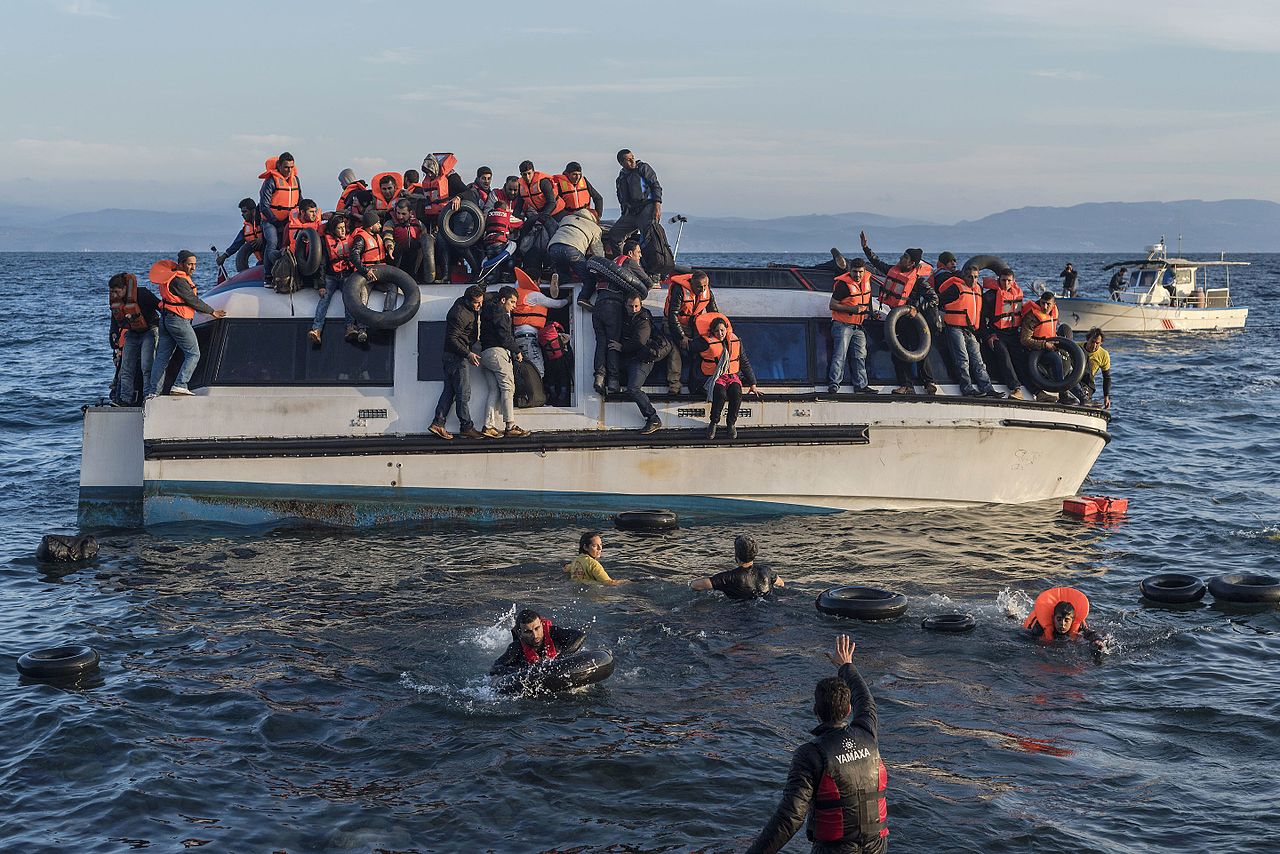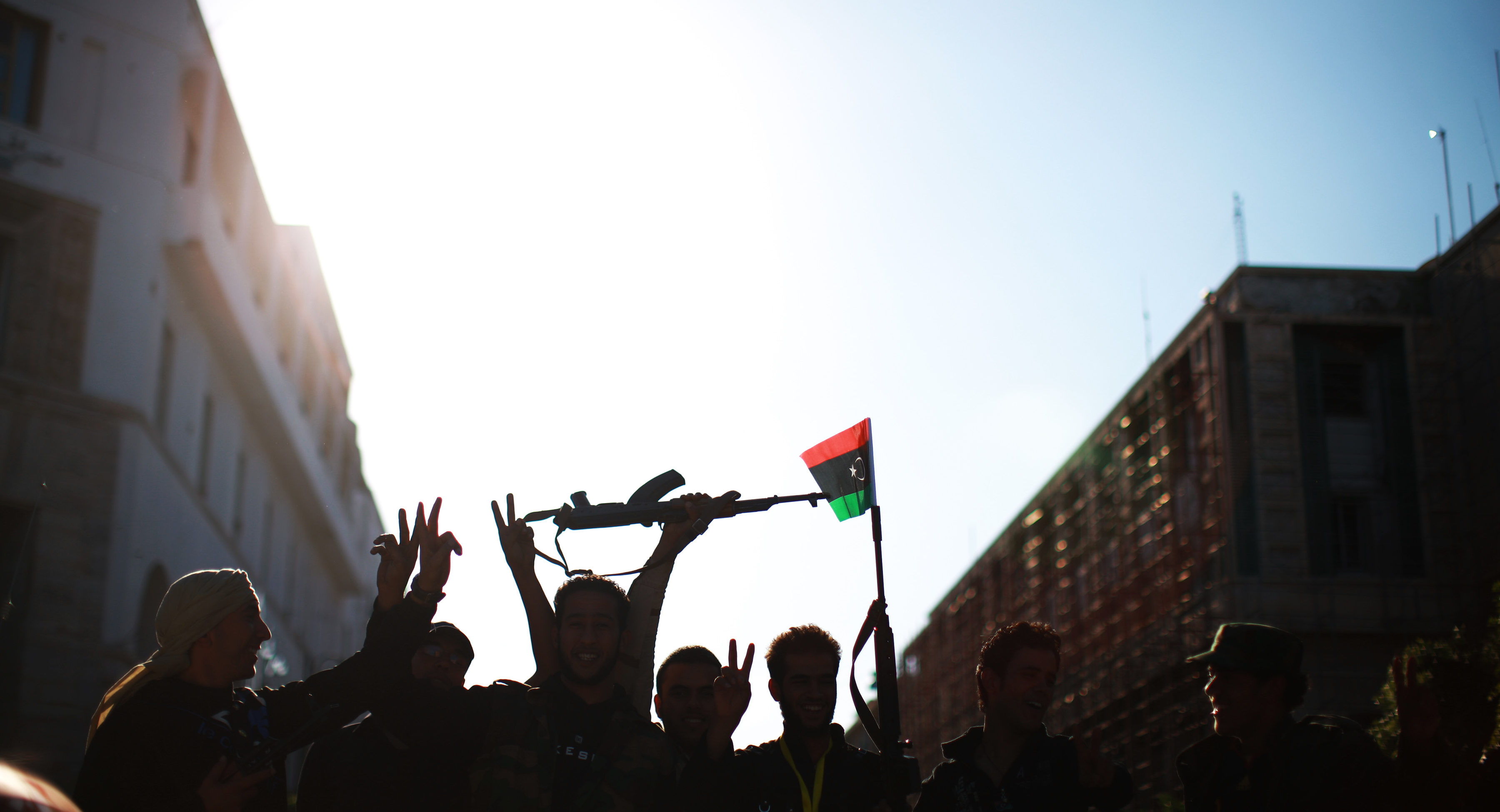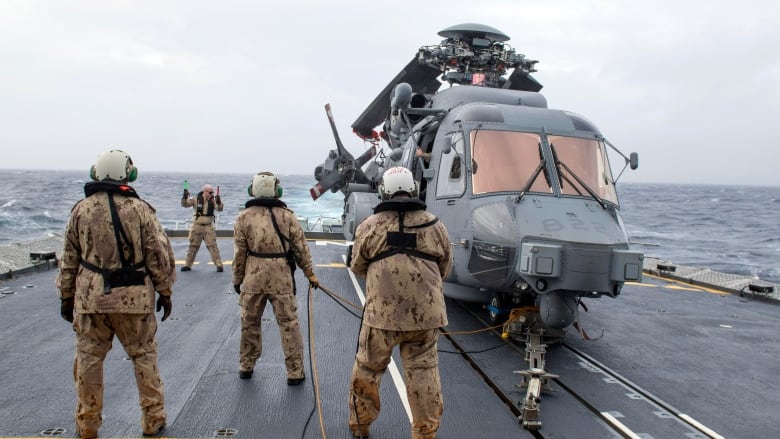As the world undergoes a worse influx of Internationally Displaced Persons (IDPs) than in the aftermath of World War II, a top contributor to this crisis continues to be widespread instability in the Middle East and Northern Africa (MENA) region. As the international community struggles to manage humanitarian and security concerns across MENA, Turkey hosts over 2.5 million IDPs while many more seek shelter or refuge in Europe. With an overwhelming population of IDPs seeking asylum in Europe, the influx has been a boon for transnational organized crime. By Europol estimates, in 2015 alone human trafficking netted migrant smugglers up to $6.6 billion. In addition to this alarming figure, for the over one million migrants that reached the EU, 90% arrived through illegal channels and employed tens of thousands from sub-Saharan Africa to Scandinavia – a trend that is predicted to continue and expand throughout 2016.
In Italy, the infamous Sicilian mafia group Costa Nostra has partnered with Nigerian drug lords to exploit the migrant crisis, an example of the dangerous partnerships that have been produced in its wake. In the Balkans, longstanding organized criminal groups have shifted towards the lucrative enterprise of human trafficking, aggressively expanding their European bases while also, expanding smuggling networks in Syria, Lebanon, and across North Africa. In addition to the dangerous financing of transnational crime, profiteers of the migrant crisis have increasingly included terrorist organizations such as the Islamic State which has generated a reported $323 million from smuggling migrants. In addition to directly financing terrorism, the volume of trafficked human beings has bolstered the industry’s professionalism and efficiency leading to wider concerns about the ease of access for Islamic State foreign fighters to enter Europe.
To counter the multidimensional security threats emanating from human trafficking, what actions has NATO taken, and what more can the Alliance do in this humanitarian and security crisis?
NATO Action on Human Trafficking
In its June 2004 Istanbul Summit, NATO initiated a zero-tolerance policy on human trafficking, committing NATO member states and NATO-led troop contributing countries to prevent and combat this activity. The Alliance recognizes it is not the primary actor in countering human trafficking, however, the NATO Assistant Secretary-General for Defence Policy and Planning is responsible for NATO’s contributions to combating trafficking in human beings. Though NATO has largely deferred human trafficking in the migrant crisis to the European Union, in February it launched a maritime force to conduct reconnaissance, monitoring, and surveillance of illegal crossings in support of Turkish, Greek, and EU authorities.
Since the launch of the mission, illegal crossings have dramatically decreased, however, it has also been part of a controversial deal between Turkey and the EU for the liberalization of Turkish visa requirements in exchange for Turkey having a more robust responsibility for migrants in addition to hosting over 3 million migrants. Lamentably, Turkey has also blocked the expansion of NATO’s Aegean mission, blocking Alliance efforts in key locations despite allies led by the U.S., U.K., and Germany pressing for expansion.
Prioritizing Human Trafficking as a Security Issue
With a booming human trafficking industry bolstering criminal and terrorist enterprises in the Mediterranean, the security establishment must recognize and act to counter the rapid spread of human trafficking. Though NATO has crafted a human trafficking strategy, the concept has largely not been revisited as the Alliance’s Warsaw Summit communique does not once mention human trafficking or the multidimensional threats it, or transnational crime pose to the Alliance’s security. In addition to this, the intelligence and security community must recognize the threat posed by human trafficking networks, and utilize more resources in establishing and countering its links to terror financing. The imperative for the Alliance to act is increased by the gaps in the EU’s primary counter-trafficking mission Operation Sophia, which has been cited as not “in any meaningful way” disrupt smuggler’s boats.
Regarding its current Aegean mission, NATO must convene its Member States to resolve bilateral territorial disputes that have hampered the mission’s effectiveness, namely, issues between Turkey and Greece. With both Turkey and the U.S. as Member States, NATO can also use its new Assistant Secretary General of Intelligence to increase intelligence sharing on trafficking networks, and also, develop best practices in surveying and disrupting these networks. In recognizing the intersections between narcotics trafficking and terrorism, NATO has been effective and proactive in counter-narcotics missions – a recognition that should extend to trafficking in human beings as it victimizes and profits from the most vulnerable. NATO is correct to take a supplementary role in countering human trafficking to not compete or duplicate efforts by the EU, however, through prioritizing this as a security issue, and convening its partners, the Alliance can take a more active and effective role to stem this crisis.
Photo: Syrian and Iraqi migrants getting off a boat from Turkey on the Greek island of Lesbos by Ggia via Wikipedia. Licensed under CC BY-SA 4.0.
Disclaimer: Any views or opinions expressed in articles are solely those of the authors and do not necessarily represent the views of the NATO Association of Canada.




